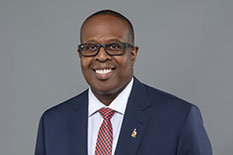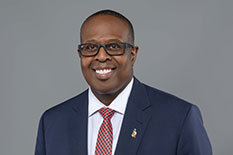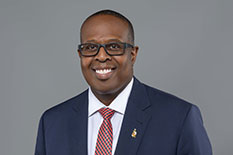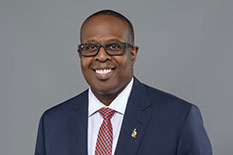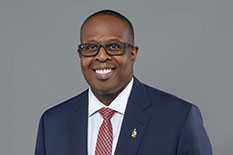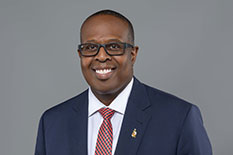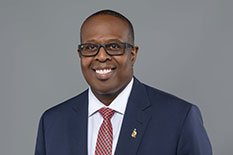News Story
Stewards of the Public Good: The Clark School's Critical Partnership with the State of Maryland
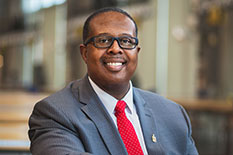
Land-grant public universities are essential partners that invest in the welfare and future of their home states. They are instrumental in educating students and developing solutions to improve quality of life for the state’s residents, in addition to addressing sustainability and impacting economic growth. The A. James Clark School of Engineering is proud to have that responsibility—and we take it seriously.
The Clark School’s partnership with the state of Maryland is critical to the success of this mission. We are fortunate to have outstanding support from the state and its leaders as we work to address technical innovations, economic development, and workforce preparation for engineering careers. Moreover, the innovations we create in Maryland will also help our nation and the world.
As engineers, we view ourselves as stewards of the public good. The state of Maryland trusts us to help create new technologies that preserve infrastructure like transportation networks and food, energy, and water systems; improve healthcare resources; and protect public servants including police, firefighters, and emergency medical personnel. It is one reason we are excited about the possibilities created by a student-designed, award-winning drone to aid first responders.
The state also looks to the Clark School to create local solutions for global challenges. IonQ, the first publicly traded pure-play hardware and software company in the quantum computing space; Medcura, a company that makes Rapid-Seal, which stops bleeding in seconds; and Ion Storage Systems, a company developing safer and more powerful solid-state batteries—they each have roots with work done at the Clark School.
Because of the outstanding impact we have each year on our state, we are excited about our new healthcare partnership with the University of Maryland, Baltimore (UMB) School of Medicine (SOM).
Heart disease, diabetes, and hypertension are among the leading causes of death and disability in our state, according to the UMB SOM. Spending on treatments is also a significant driver of healthcare costs. Some of these challenges can be directly addressed by our new partnership: By embedding engineers with doctors, the synergy of the collaborations will help speed the transition of our technological innovations into clinical practice. Such innovations might include AI-enabled or enhanced medical diagnostics.
In this new partnership, Bioengineering@Baltimore, we will place faculty from the Clark School’s Fischell Department of Bioengineering at UMB SOM. Associate Professor Giulliano Scarcelli will lead this effort for the Clark School and has established his lab at UMB SOM. We plan to add more faculty and broaden the partnership over the next several years.
Our partnership will include building a physical home for engineering on the SOM campus, the first colocation of its kind between Clark School engineers, UMB physicians and biomedical researchers. Colocation will establish a nexus for research collaboration, graduate and undergraduate education, and community impact, and allow for a more rapid translation of research into biomedical technologies. As the partnership grows, we plan to recruit new bioengineering faculty members dedicated specifically to it.
Like doctors, nurses, and other healthcare providers, we envision a future where technology helps create solutions that are more widely available and affordable, and better tailored to individual patient needs. At Maryland Engineering, we are proud to be on the forefront of this work and look forward to it benefitting the residents of our state.
Samuel Graham, Jr. (he/him/his)
Dean and Nariman Farvardin Professor
Published October 3, 2023

